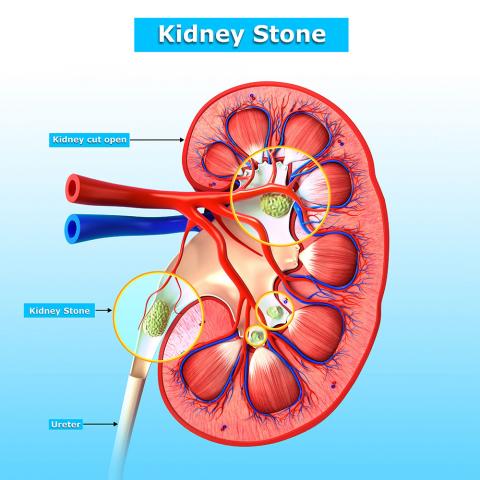
Many Kidney stones do not require any treatment. Kidney stones are common and depending on their size and location, may be unlikely to cause patients any symptoms.
Small stones located in the kidney do not generally require treatment if they are not causing any symptoms such as pain, bleeding or urinary infection. These stones may, in time, pass spontaneously with or without symptoms.
Larger stones in the kidney may not be treated if the patient is too frail and the procedure or anaesthetic is risky.
Small stones in the ureter that are likely to pass spontaneously do not require surgical intervention if the symptoms are mild and there is no evidence of infection or abnormal kidney function.
When stones are not actively treated, it is usually appropriate to monitor the patient and the stone as many calculi grow with time or change location.
Once the presence of a renal stone has been confirmed, a decision has to be made as to whether treatment is required and what type of treatment. This decision may be complex and is usually made by the treating Urologist.
The decision depends on a number of factors:
- Location of stone – is this a renal stone in the kidney, or a ureteric stone – a stone which has fallen into the ureter?
- Symptoms – is the stone causing pain or any other symptoms?
- Stone size – Stones smaller than 5 mm usually pass without surgery but larger stones are less likely to pass.
- Fever – if a stone is causing blockage and a fever, urgent treatment is indicated.
- Kidney Function – If there is abnormal kidney function or only a single kidney, more urgent treatment is usually indicated.
- Recurrent Urinary Infections – Stones associated with recurrent UTIs usually require surgical intervention.
- Stone composition – some stones are made of Uric Acid and it may be possible to dissolve these
- Patient Preference – there may be more than one way of treating certain stones and options should be discussed with the patient.









